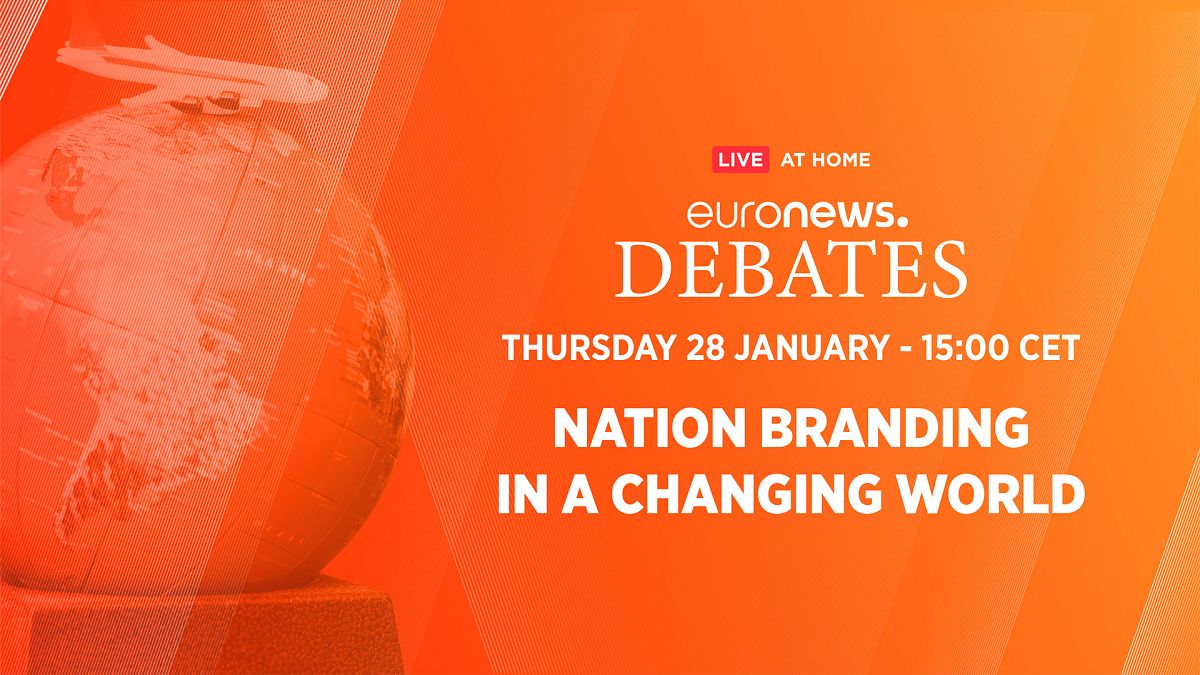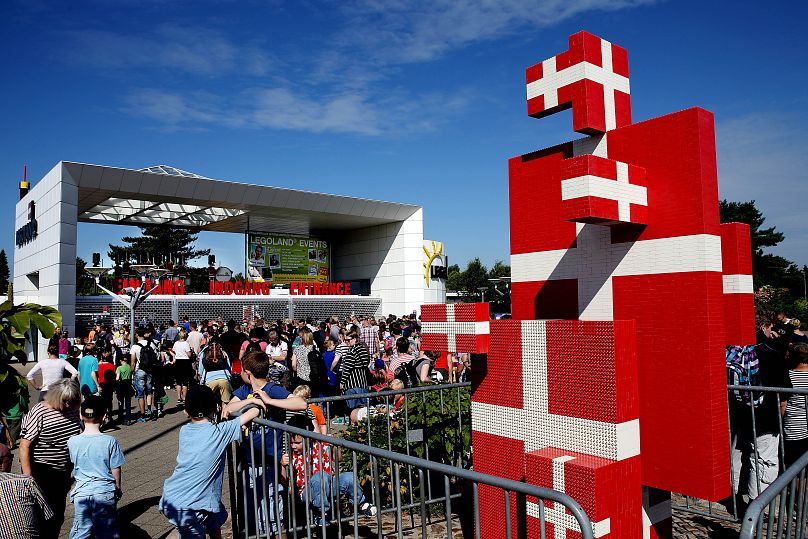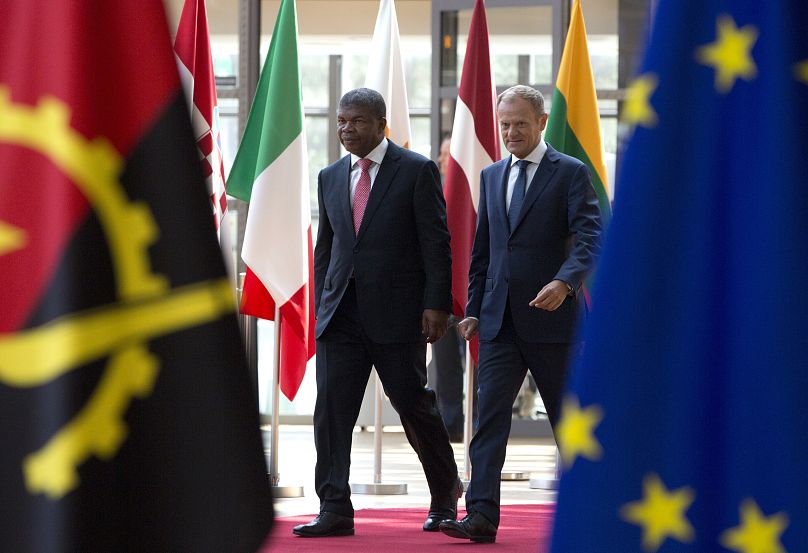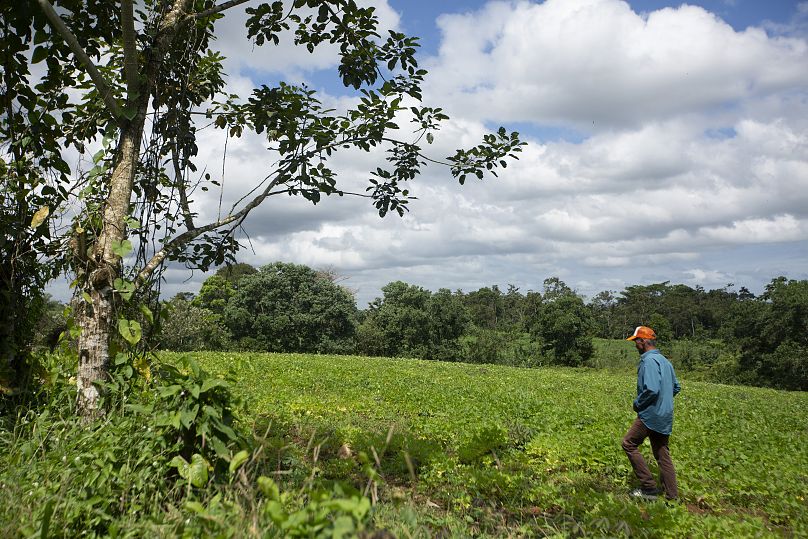After a global pandemic that has had a devastating impact on countries which rely on foreign income from tourism, our experts discuss how they can rebound
It is a colossal task: how can countries attract back their biggest sources of income, especially tourism and foreign direct investment, after a year with the pandemic?
Governments around the world face the daunting task of rebuilding their economies in 2021 and beyond.
But for those that relied heavily on tourism and foreign direct investment for their income before the outbreak of COVID-19, the task will be considerably harder.
Some say that the countries that rebound most successfully will be those that get their “nation branding” right.
Build a positive image of yourself in the international community, the argument goes, and the revenue opportunities will follow.
But that does not mean a glitzy publicity campaign is all you need to attract a steady stream of holidaymakers and wealthy businesspeople to your country.
It's not about shiny advertising
In fact, according to political scientist Simon Anholt, it’s quite the opposite: “If people are changing their minds about your country, first of all it's nothing to do with your propaganda efforts, it's nothing to do with what you're saying about yourself.
“It's to do with how you're behaving. And that does take place, but it takes place over a very, very long period.”
Anholt pointed to the example of Germany and Japan — “pariahs that were despised and detested by every right-minded individual on the planet” by the end of the Second World War — that became two of the most admired in the decades that followed.
“It was as a result of the way that they started behaving differently in the international community,” he said.
It is a question that should be on the minds of policymakers in developing countries and advanced economies alike if they want to attract the best talent and business.
Thinking about what a location represents
“Especially in the more economically successful world, infrastructure is pretty much the same everywhere,” Natasha Grand, from the London-based Institute for Identity, told the panel.
“If you want to attract top talent, you can't just say that you have good nurseries, good education and maybe green parks, you need to tell people what it would tell others about them if they decided to relocate — say to Finland. What would that say about their own values?”
Another example of powerful branding she identified is the Danish city of Billund, the town where Lego was invented, which talks of itself not as the city of the world-famous toy but as “the world's best town for children”.
That means providing good infrastructure and services for children and involving children in public decision-making. The town also encourages businesses to have open days to show younger people what they do.
Grand said other locations need not be quite so radical when considering their image; they simply need to recognise more about themselves: “they just need to say, ‘we are introverted people who are good at technology’, or others would say 'we're actually mad creative artists and we can contribute that to the world’.”
Little movement during the year of COVID
“You really need to assess what you are good at and what you can offer the world.”
So which are the stronger performing locations in today’s battle for global favour?
Jon Tipple is the Global Chief Strategy Officer for FutureBrand, a brand strategy company that compiles an annual index of the strongest country brands.
He told the Euronews panel that his team expected their ranking in the year of the pandemic to reveal “big shifts” in the global perceptions of countries.
In fact, movement was minimal.
There were some changes though: “I do think that countries can change their image, they can change their perception. The highest rising country on our index last year was Angola, which surprised us.
“But why [did it rise]? It's seen as more politically stable, been investing in technology, and these stories resonate.”
But he added that smaller countries tended to be better than larger ones because they are able to take quicker decisions and often have less pressured budgets when it comes to how they are presented to the world.
Smaller is often easier
That might help explain the growing confidence of Costa Rica, a popular pre-pandemic tourism destination that for decades was widely associated with agriculture.
Daniel Valverde Bagnarello, director of Essential Costa Rica, the brand used by the country to market itself, told the panel that improving their understanding of how their country was perceived was very important.
“Over 17% of our exports are in medical devices nowadays. The greatest export in Costa Rica is actually that one, not any more coffee or bananas or agricultural products,” he said.
Consumers, he added, have been changing their selection patterns for quite a while: “they're more concerned about the purpose, the traceability of everything involved in such activities.
“If the country owns already a positive image towards sustainable initiatives, then [they expect] a tourism offer, the exports, the investment opportunities will be full of that as well.”
The bottom line: engage with your people and the world
How can other countries replicate the model?
Simon Anholt has advised many governments on their country’s image and offered advice on how, and whether, they should improve it.
“When I hear countries, particularly rich countries, saying ‘Do I look good in this? Can I get a better image than some of these other countries?’ I just feel like saying to these countries, ‘Come on, get real, this isn't the way life on Earth works these days’,” he said.
“The gold standard of good governance in the 21st century is countries that can harmonise their domestic and their international responsibilities, to do the right thing for their own people and do the right thing for the rest of the world.
“And the irony is that's the only way to earn a better image: if you do that, then people admire you.
“But if you aim for image directly you just look like a sad loser.”
Euronews held a panel discussion, Nation Branding in a Changing World, at 15:00 CET on Thursday 28 January 2021. Watch it again from the player at the top of this page.




